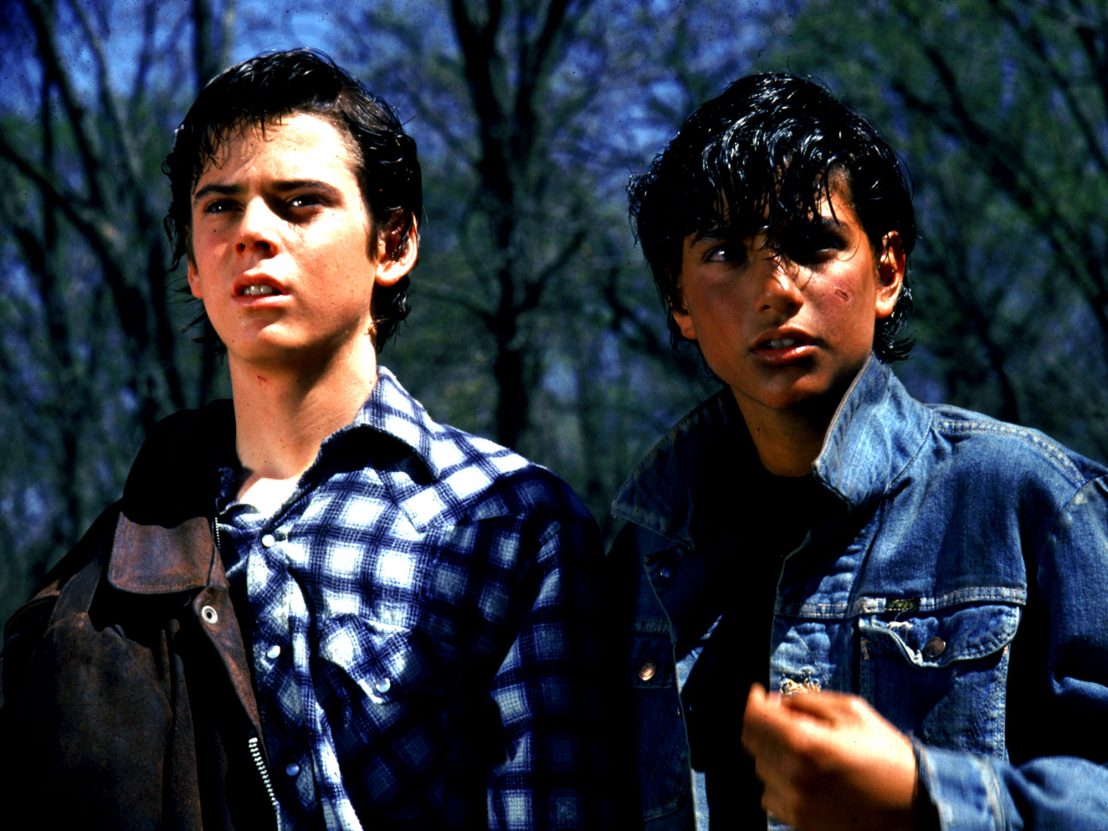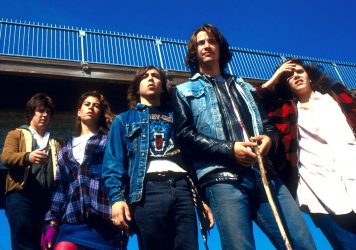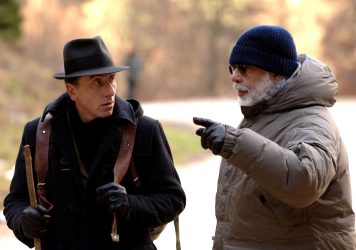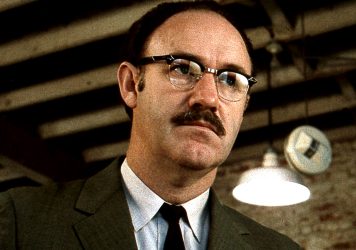
In Francis Coppola’s maligned 1996 film Jack, the main character is shown cradling a butterfly in the palm of his hand. At the film’s conclusion, Jack (Robin Williams) implores his young friends to savour the present. These moments might be overly sentimental but they certainly ring true. They also bring into focus the degree to which bittersweetness has its place within the director’s filmography.
Throughout his career Coppola has sought to capture both the excitement and the trepidation that comes with moving from childhood to adulthood; from innocence to experience. It’s a mood that underpins 1983’s The Outsiders, which Coppola adapted from S E Hinton’s 1967 young adult novel of the same name.
The Outsiders marks the beginning of a curious 10-year period in Coppola’s career, immediately following the commercial failure of his ambitious romantic drama One from the Heart. Coppola was compelled to take on a string of modestly-scaled movies where he was very much a director for hire. They’re fascinating entries in his filmography, often because they aren’t, at first glance anyway, like the films for which he is best known.
In keeping with the tradition of filmmakers like Vincent Minnelli and Federico Fellini, One from the Heart had crystallised Coppola’s interest in artifice as a means of articulating the desires of the human heart. While rendered on a smaller scale than One from the Heart, the visual palette of The Outsiders’ is marked by flourishes of heightened colour (look out for those gorgeous sunset skies) which evoke a 1950s American moviemaking tradition that’s still synonymous with Nicholas Ray’s Rebel Without a Cause.
The Outsiders is suffused with intense close-ups of angst-ridden young faces set against a backdrop of vivid colours. This takes it away from visual realism towards something more painterly: consider the use of deep blue for the scene in which Johnny (Ralph Macchio) and Ponyboy (C Thomas Howell) flee town on a train. Stephen H Burum, cinematographer on both The Outsiders and its 1983 companion piece Rumble Fish, has noted that, “The style of The Outsiders was very romantic and passionate because kids think that way. The compositions were classical and pictorial with the camera removed and stoic.”
At the centre of The Outsiders is Ponyboy, a teenager who is almost too delicate for the harsh world around him. In turn, Ponyboy’s friend Johnny conveys the transience of life – it is Johnny who quotes (as he does in Hinton’s novel) the Robert Frost poem ‘Nothing Gold Can Stay’ to Ponyboy. Jonny knows how fleeting it all is. Time’s mystery is not lost on him. The Outsiders is an essential Coppola film because it is a film about young people. It may even be truer to Coppola’s artistic interests than some of his better-known movies.
Coppola’s body of work is concerned with the passage of time and the fear that can accompany startling change: Peggy Sue Got Married and Bram Stoker’s Dracula are wildly different movies and yet they each grapple with the same existential theme. Of course, The Godfather trilogy also communicates the idea of time passing, but it’s arguably Coppola’s smaller films that afforded him the opportunity to really dig into this preoccupation, both dramatically and aesthetically.
In light of Coppola’s recent announcement that his long-gestating passion project, Megalopolis, is finally underway – with something of a self-declared mission statement that he is making it for young people – his career appears to be coming full circle. There’s an apropos excerpt from Coppola’s diary dated 31 March 1993 which speaks to his long-standing obsession with time: “So certain characters of Megalopolis are concerned with the Ultrafuture; whereas others…are locked in the secure Past. It then would deal with that point in which future and past interact.”
While far from the proposed epic sensibilities of Megalopolis, The Outsiders would seem to share some storytelling DNA with Coppola’s newest venture. Maybe it’s this: it’s the kids who need to be paid attention to; for their energy and, rather like Ponyboy and Johnny, for their capacity to dream.
Published 10 Oct 2021

This Keanu Reeves-starring drama is a poignant tale of teenage apathy.

He’s willing to fork out his own millions on a would-be cast of Oscar Isaac, Cate Blanchett and Forest Whitaker.

His role as taciturn surveillance expert Harry Caul is a masterful portrayal of alienation and loneliness.